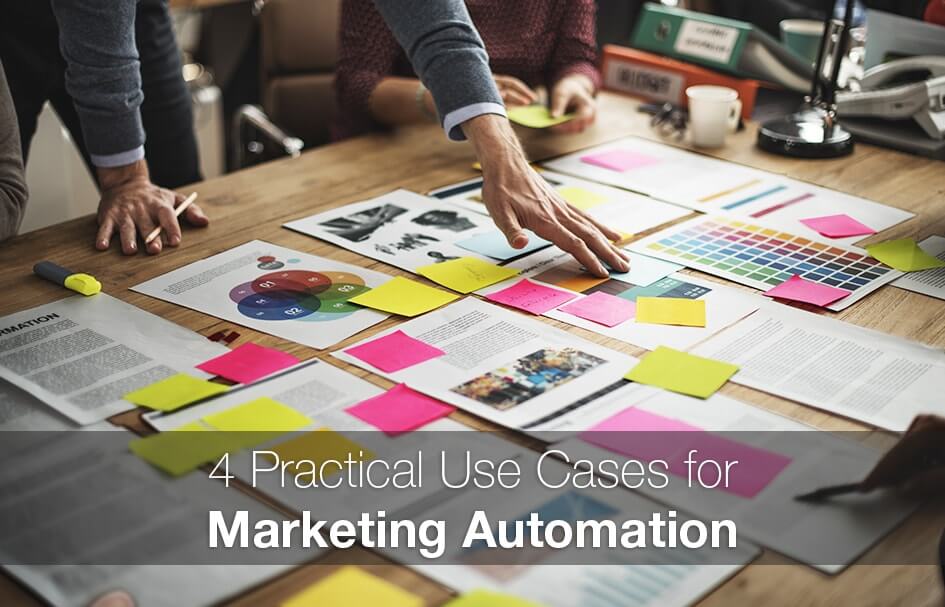Not using marketing automation today is a crippling setback for businesses.
Marketing automation helps your small business tap right into the power of technology, and systematize lead generation. For business owners continuously strapped for time, cash, and resources, it’s a blessing.
IDC group, in fact, opines that if you don’t use marketing automation, you are already behind the 8 ball. See Source.
Marketing automation is an interplay of a set of processes, systems, and strategic concepts all working together to meet the goals of your business, without you ever lifting a finger (at least, that’s the goal of every business that seeks to automate the marketing function).
Marketing automation is not truly hands-off, “set-it-and-forget-it” endeavor:
- It demands development of systems and processes.
- It requires onboarding of team members, employees, staff, and vendors.
- After it is set into motion, it needs testing, tweaking, and re-deployment.
If you manage to do it right, however, marketing automation truly works wonders for your business. At best, here are four different practical use cases that it has the power to influence:
1. Get a Sales Boost
According to Email Monday, a lead generation survey (2014) reveals that more than 26% of marketers surveyed use marketing software to automate and manage lead generation.
Also, more than 36% at least tried using marketing automation software.
The Aberdeen Group’s State of Marketing Automation report 2014 states that at least 70% of businesses, however, swear by the efficacy of marketing automation and are in the process of using a Marketing Automation Platform (MAP).
Marketing automation bring efficiency into your sales processes, aligns marketing efforts with that of sales, and obviates the need to do many tasks manually.
2. Increase Brand Awareness
By automating most of the digital marketing channels where manual labor is either enhanced or removed completely, the entire digital marketing engine gets to run smooth, efficiently, and relentlessly.
Blog posts happen on schedule, social media accounts are flush with content, and emails go out automatically based on user-generated triggers.
Since manual input is not necessary and because systems and processes are more reliable with automation software taking over, brand awareness is more pronounced and continuous.
What price do you pay for that?
3. Make More Leads Sales Ready By Engagement with Lead Nurturing
One of the most critical areas of marketing where automation really shines through is lead nurturing by engagement.
Since not all your customers are ready to pay the moment your ad shows up, email marketing is the best way to keep your leads nurtured.
Why, you ask? Nurtured leads are more sales ready. On average, DemandGen reports that sales opportunities increase by 20% compared to non-nurtured leads.
The more nurtured your leads are, the more “trusted conversions” you are likely to see.
4. Better Customer Satisfaction
By 2020, Gartner Research predicts that customers will manage about 85% of their relationships with businesses without ever talking to a human.
While that’s still far away, a lot of customers’ interactions with businesses start on websites, live chat, forums, communities, social media networks, and more.
Give all those touch points, marketing automation goes a long way to bring a semblance of order to the seemingly chaotic social – mobile ecosystem that consumers and businesses both try to co-exist.
Do you use marketing automation for your business? Check out our Marketing Automation Service page for more information.
